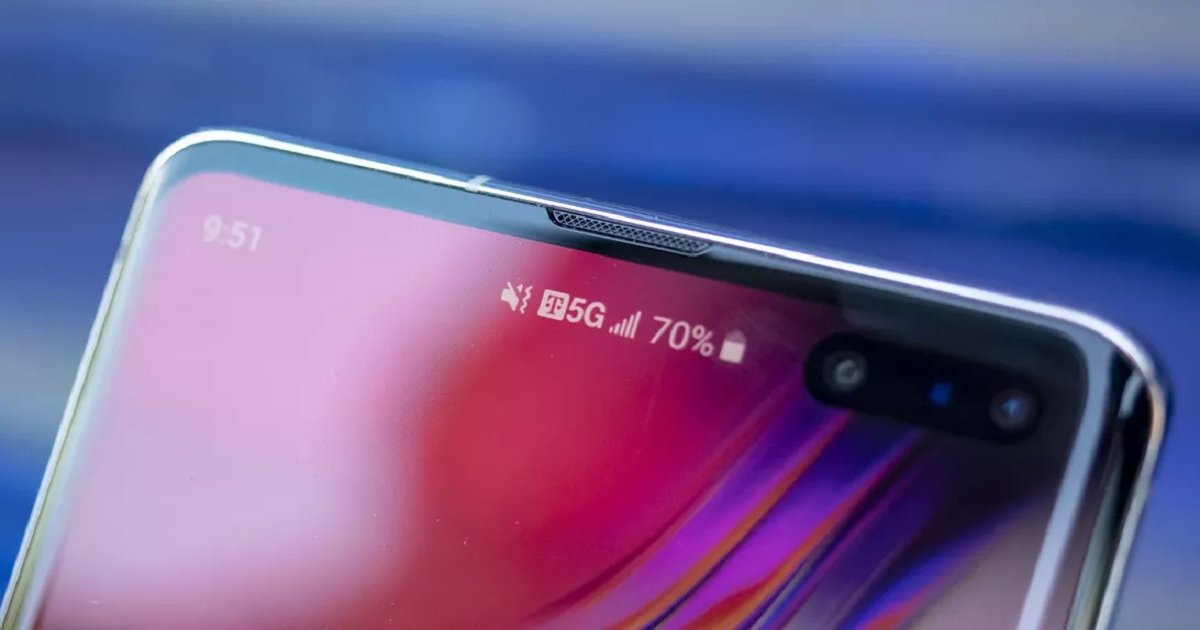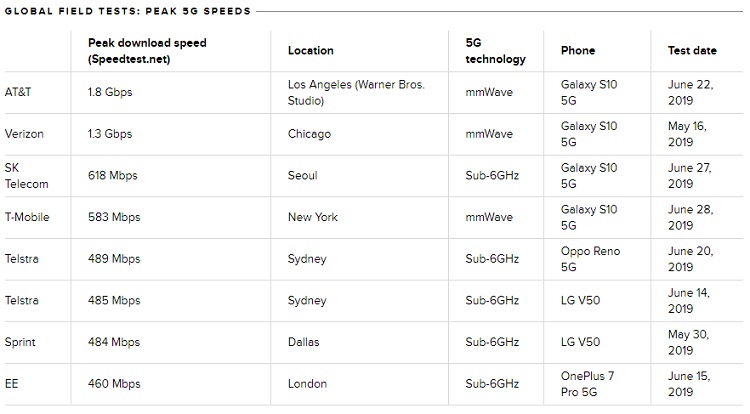Watch to find out the difference between 5G and LTE.
[rumble video_id=v526o9 domain_id=u7nb2]
5G has been dubbed the Holy Grail of networks with its promised speed and almost zero latency. The race for 5G has heated up so much that competition for adopting this standard has spilled over into the geopolitical arena as can be seen in the US government’s banning of Huawei, the #1 5G infrastructure company in the world.
But even as 5G has finally rolled out, it’s still early days yet. While the promised speed is real, the stability is not yet there. If one were standing in the right spot, then all of 5G’s wonders such as downloading a two-hour long movie in 8.2 seconds will be there for you to experience. But walk even one block further and you could find yourself dropping back down to 4G speeds or worse.
While it’s early days yet in the competition on who will become preeminent in 5G, there are some entities (corporate and national) that have found themselves to be in a better position than others to reap all the benefits.
Some early winners:
1 – South Korea
According to the country’s Ministry of Science and Technology, roughly 1 million people already signed up for 5G in only 69 days. This was faster than when the country first rolled out 4G and promises a greater population density with access to 5G.
2 – Samsung
With its premium Galaxy S10 5G phone, Samsung has managed to penetrate 14 networks worldwide which includes the four major carriers in the US. The company also sells its flagship phone to regions that have existing 5G networks or are slated to have them soon, making Samsung well-placed to fully take advantage of 5G rollouts the world over.
3 – Qualcomm
The company has been touting 5G for years now and with all 5G phones sans Huawei’s containing Qualcomm chips, the company has placed itself in a dominant position.
4 – Telstra
This Australian carrier provides customers with a choice of three 5G phones, namely, the LG V50 ThinQ, Samsung Galaxy S10 5G, and Oppo Reno 5G. The company also provides 5G in 10 major areas: Adelaide, Perth, Sydney, Toowoomba, Launceston, Melbourne, Hobart, Gold Coast, Canberra, and Brisbane. Quite an impressive coverage in a country about the same size as the contiguous United States.
And here are some of the losers:
1 – Huawei
Even if Huawei is the largest manufacturer of 5G networking equipment in the world, the US government’s actions against the company put a question mark on its whole business.
Huawei founder and CEO Ren Zhengfei was supposedly not worried but the fact remains that his company’s future is still up in the air.
2 – Apple
The iPhone is way behind when it comes to 5G. When it got into a legal battle with Qualcomm, Apple decided to go with Intel to bring the iPhone to 5G. But following the settlement, Intel suddenly dropped out of the 5G race and Apple hasn’t even announced its 5G plans. There are speculations that the iPhone may become 5G-ready in 2020 but if it will follow the company’s September release cycle, that would but the brand behind Samsung by one-and-a-half years.
Even if 5G is already a reality, it’s in no way a mature network and the vaunted speed can be inconsistent. This is why it’s important to keep one’s expectations realistic. Here’s what CNET found testing out various 5G networks in different countries:
- In the US, Sprint was found to have the most consistent coverage while Verizon and AT&T had more speed. Verizon’s 5G only covers two cities so far but the company expects to expand to 30 cities by year’s end. AT&T offers 5G in 19 cities but only to select business customers.
ADVERTISEMENT - For the UK, testing of EE’s 5G network over five cities showed that coverage was quite inconsistent.
- In Australia, users are still debating if 5G will be a viable replacement for broadband. Data caps present a major problem especially with SIM cards and plans that have data limits.
ADVERTISEMENT And with the extremely fast speeds offered by 5G, it’s very easy to hit those limits.
- And in Seoul, 5G seemed to perform as expected as the download speed in SK Telecom’s network was about 3 to 4 times faster compared to LTE with about twice the upload speed.
ADVERTISEMENT
So yes, let’s celebrate the introduction of 5G but let’s temper our expectations. The good thing is that it will only get better over time.





